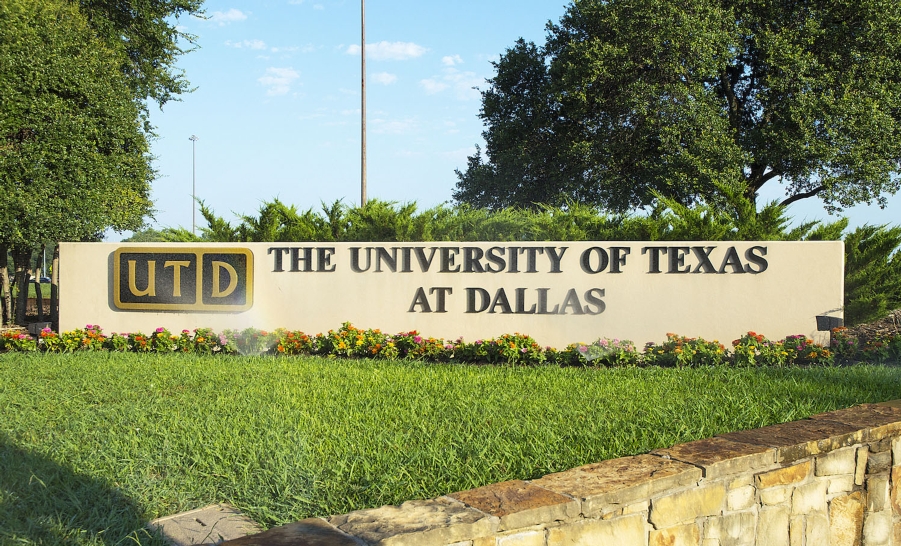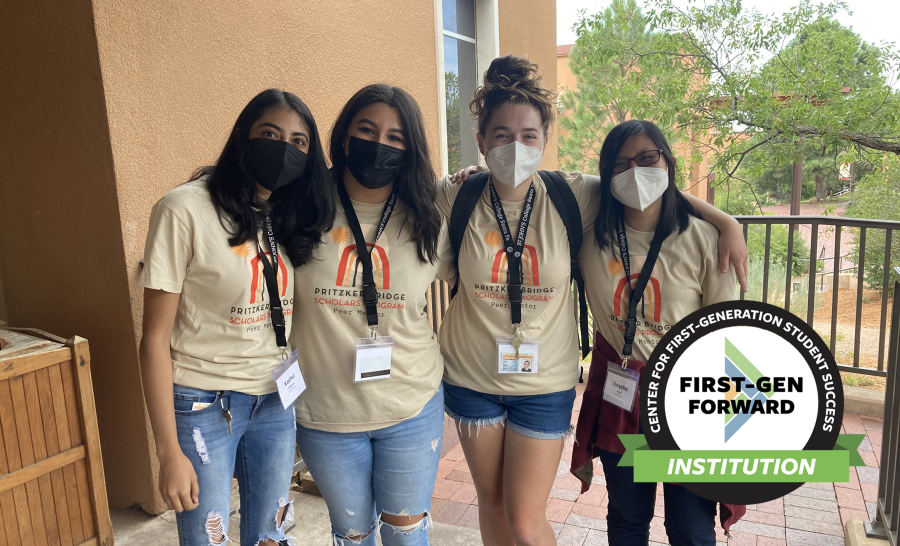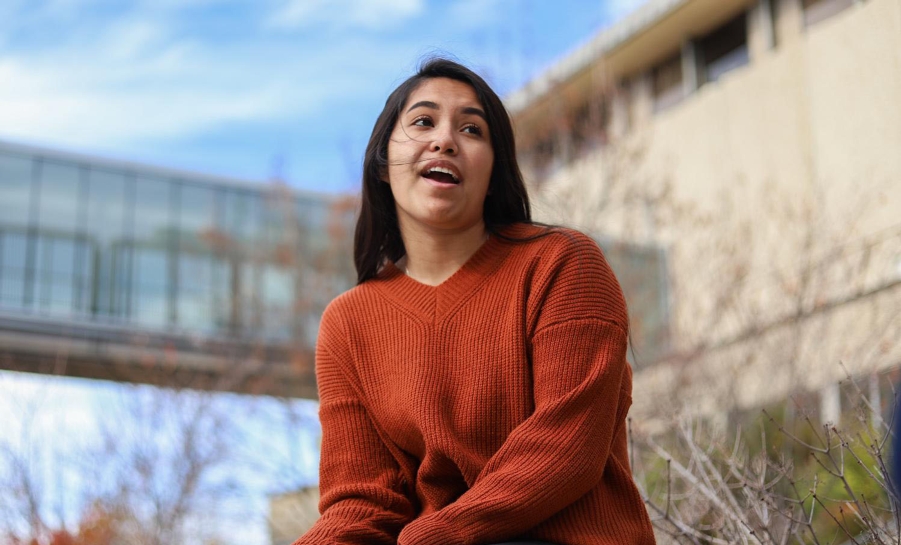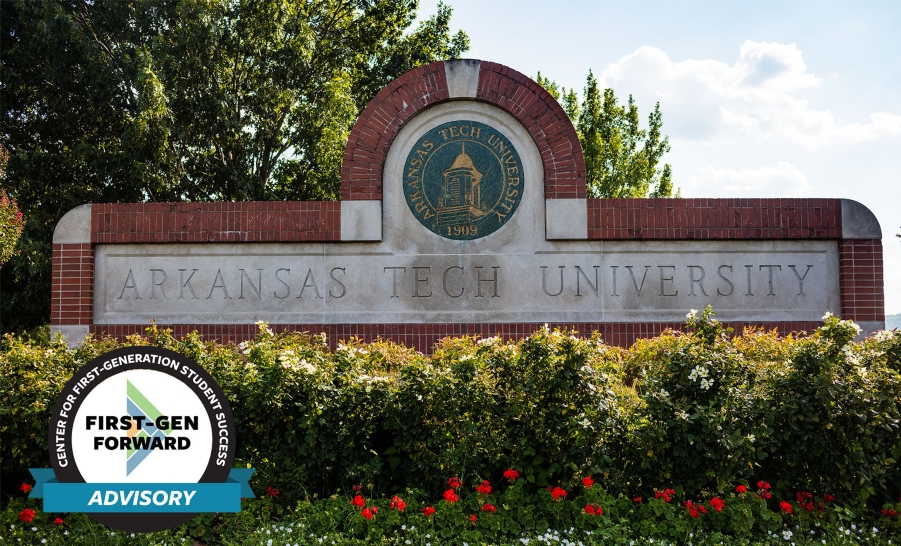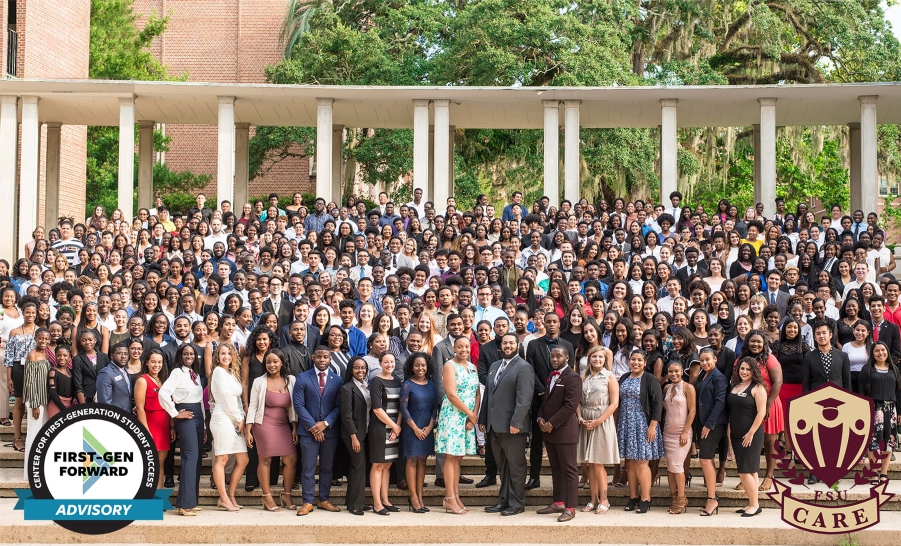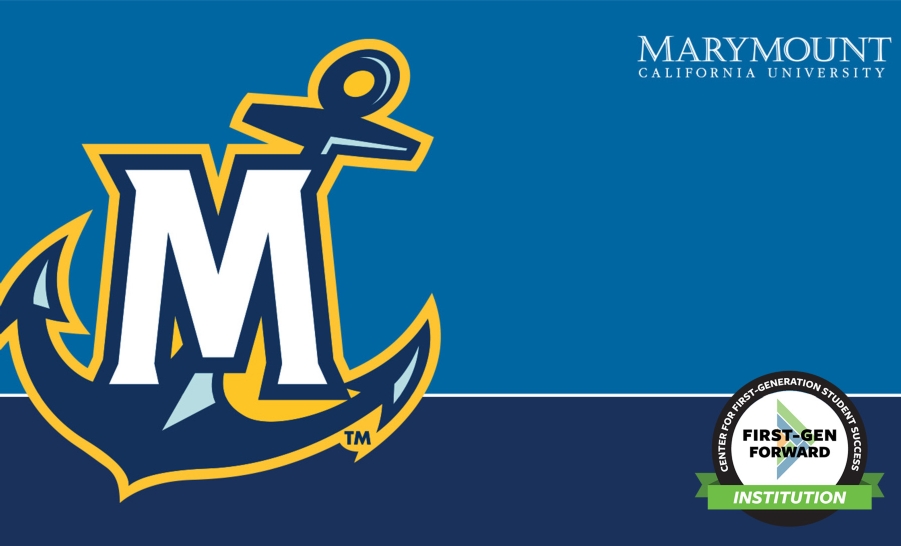Centering Student Experiences in the Midst of a Transition
Ines Maturana Sendoya, Ed.D., Wellesley College / FirstGen Forward / December 08, 2021
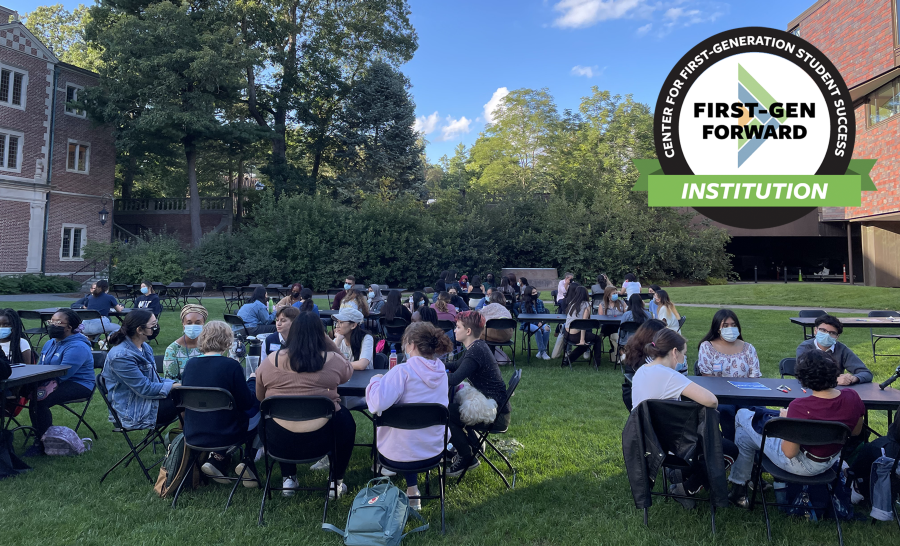
Wellesley College is very excited about the opportunity to bring resources and efforts towards supporting first-generation college students under one vision in the new Office of Student Success. Over the past 15 years, the college served first-generation college students through a myriad of initiatives that lived in different departments and divisions under the umbrella of Wellesley First. Some of those initiatives were faculty-led, such as the WISE program–designed to engage prospective economics majors with research around real life issues, or other opportunities for research and exploration in STEM fields. Other departments, such as Career Education, tailored their resources to meet the needs of first-generation students. However, Wellesley Plus and the First-generation/Low-Income (FLI) Network drew on resources from student life and academic affairs to integrate students further.
Wellesley Plus was created in 2007 to replace a stand-alone bridge program by integrating the transition of first-year, first-generation students into the academic environment more intentionally. The FLI Network began in 2012 as two professionals saw the need to continue supporting students beyond their first year and to respond to their need to connect with each other, staff, faculty and alumni.
My experience with these two programs began when the college found itself at a crossroads with staff turnover and the question of how to use the resources to streamline and provide a cohesive vision to support the growing population of over 400 first-generation college students.
My assignment at the beginning of August was to ensure that first-generation students coming to Wellesley in person had a positive experience while we transitioned to a new office and searched for its inaugural director. As a person who mostly works with the staff that mentors and advises the students, this was a welcome opportunity to go back to one of my loves in higher education work–mentoring individual students as they navigate the college landscape.
The Wellesley Plus seminar was known to create a sense of family. I wanted to make sure to recreate that feeling for the students and make sure that they had a positive experience during this transitional year.
One of the assignments of the seminar was to meet with what I called potential members of their personal board of advisors, which included their class dean, their career mentor, and me to ensure that they established relationships with key staff members early on. My agenda was very simple: get to know a little bit about their personal story, get a sense of how they were transitioning academically and personally, and help them see that I was somebody that they could trust. Although it took some time for them to start scheduling their appointments with me, when we met the majority of them were very generous in sharing their stories, concerns, and excitement. In fact, I could feel the warmth of the developing relationship when I saw them in class following our appointments.
My experience with the FLI Network was enriching, as well. Both the student leaders and I were a bit concerned about what the transition would look like since we did not know each other. However, they came highly recommended from the staff who had led the program previously. Early on, they saw that my ideas worked and followed my lead. As a result, we coordinated a successful welcome back event, a celebration of National First-Generation College Celebration Day, and a gratitude dinner for students who were staying on campus for the Thanksgiving break. They also organized their own smaller community building events.
The new Office of Student Success will report to me and the dean of academic affairs. I am grateful for this opportunity to learn more closely about the programs so that I can better support the new director. The ground is fertile with enthusiastic buy-in and willingness among faculty and staff to implement best practices to support the students. We also benefit from a track record of experiences and resources, support from senior-level administrators, and engaged students and alumni eager for their siblings to be equipped with the knowledge and skills to fulfill the college’s call to “make a difference in the world.”
For more information on Wellesley College’s approach, please visit their website here.
